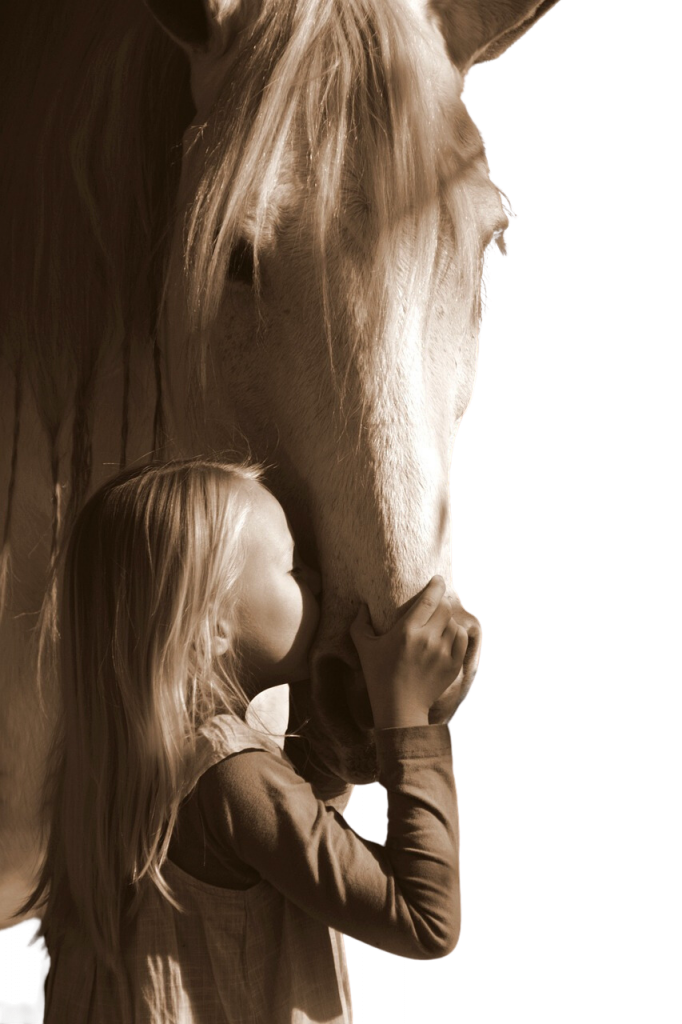Rocky Valley Veterinary Service
Pre-Purchase Examinations
A thorough physical examination includes vitals, cardiothoracic auscultation, gastrointestinal auscultation, integument exam, ocular exam, neurological exam, and an exam for evidence of previous injuries/surgeries, musculoskeletal exam, lameness exam. Radiographic series, drug screening, and blood work offered at buyers request.
What Is A Pre-Purchase Exam?
When buying a horse, many buyers ask for an equine pre-purchase exam. This serves to identify any preexisting problems which may hinder a horse’s future performance and reduce buyer risk. The inspection consists of a thorough examination and if the buyer chooses, may include x rays, blood work, etc. But, if the horse must be sedated, that authorization must come from the current owner.
Who Pays For The Pre-Purchase Exam?
Typically the person who is going to be buying the horse pays for the pre-purchase vet exam. This means that all discoveries and medical findings discovered during this exam belong to that client.
Confidential Nature Of A Pre-Purchase Exam
A horse pre-purchase exam in its most basic terms is an agreement between two people prior to the exchange of funds to purchase a horse. There are typically no personal feelings and confidentiality is an unwritten rule. If a horse is discovered to be lame it is very unprofessional to publicly shame the horse and/or the owner or caretaker. Also, keep in mind that it is the seller’s decision to release medical records to the buyer and the buyers responsibility to inquire for them.
Who performs the pre-purchase exam?
A veterinarian who specializes in equine health and has the ability and equipment to perform a fully comprehensive exam.
Pre-Purchase Exams in East Tennessee
Horse owners and buyers have a partner they can trust in Rocky Valley Veterinary Services. To learn more about your next horse pre-purchase exam, contact us, or schedule an appointment today!
There’s More To A Pre-Purchase Exam Than Pass Or Fail
He might seem perfect—but before you call him yours, determine if a horse is sound and serviceable for the job at hand and if you can live with his inevitable flaws.

Be sure to check out our other services:
- Preventative Care
- Dentistry
- Reproduction
- Lameness
- Lab Work
- Pre-Purchase Exam
- Diagnostics
- 24/7 Emergency Care